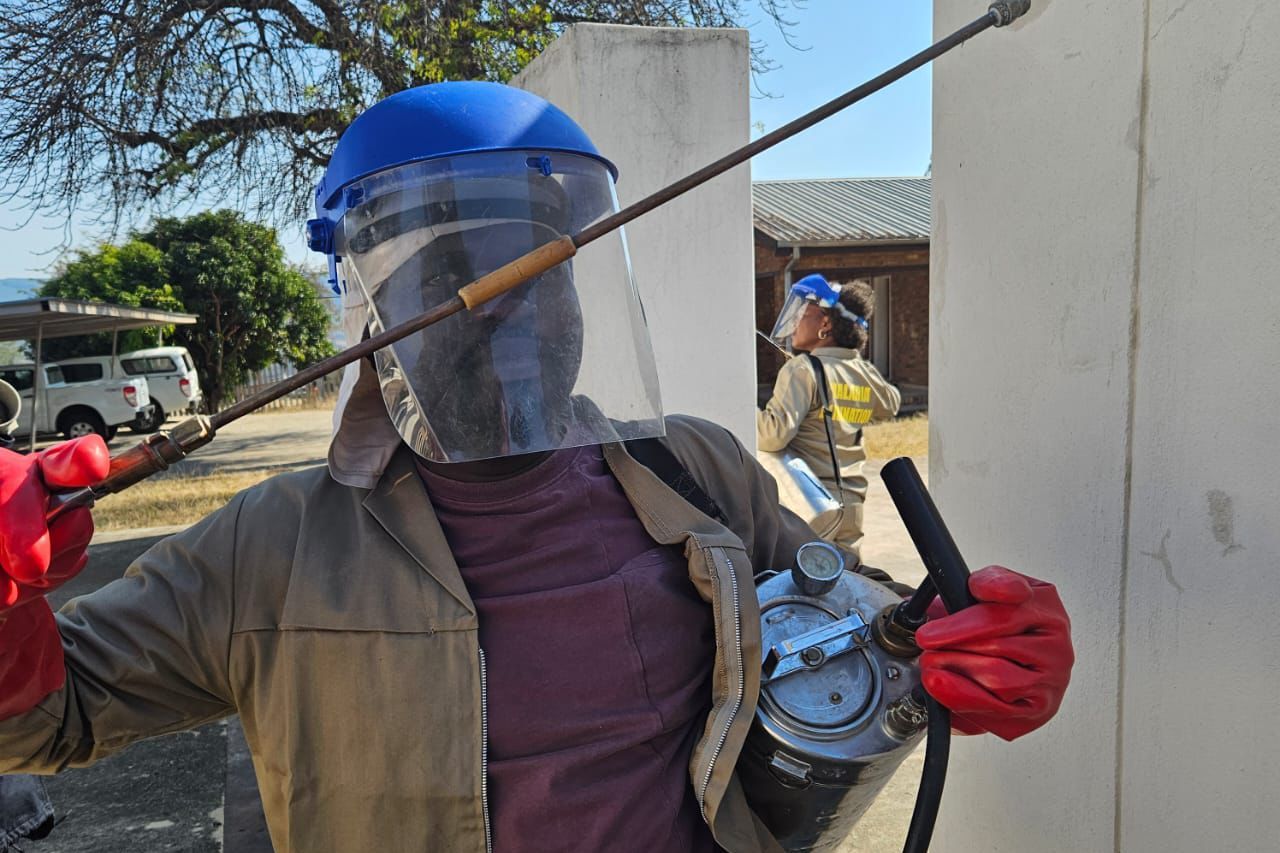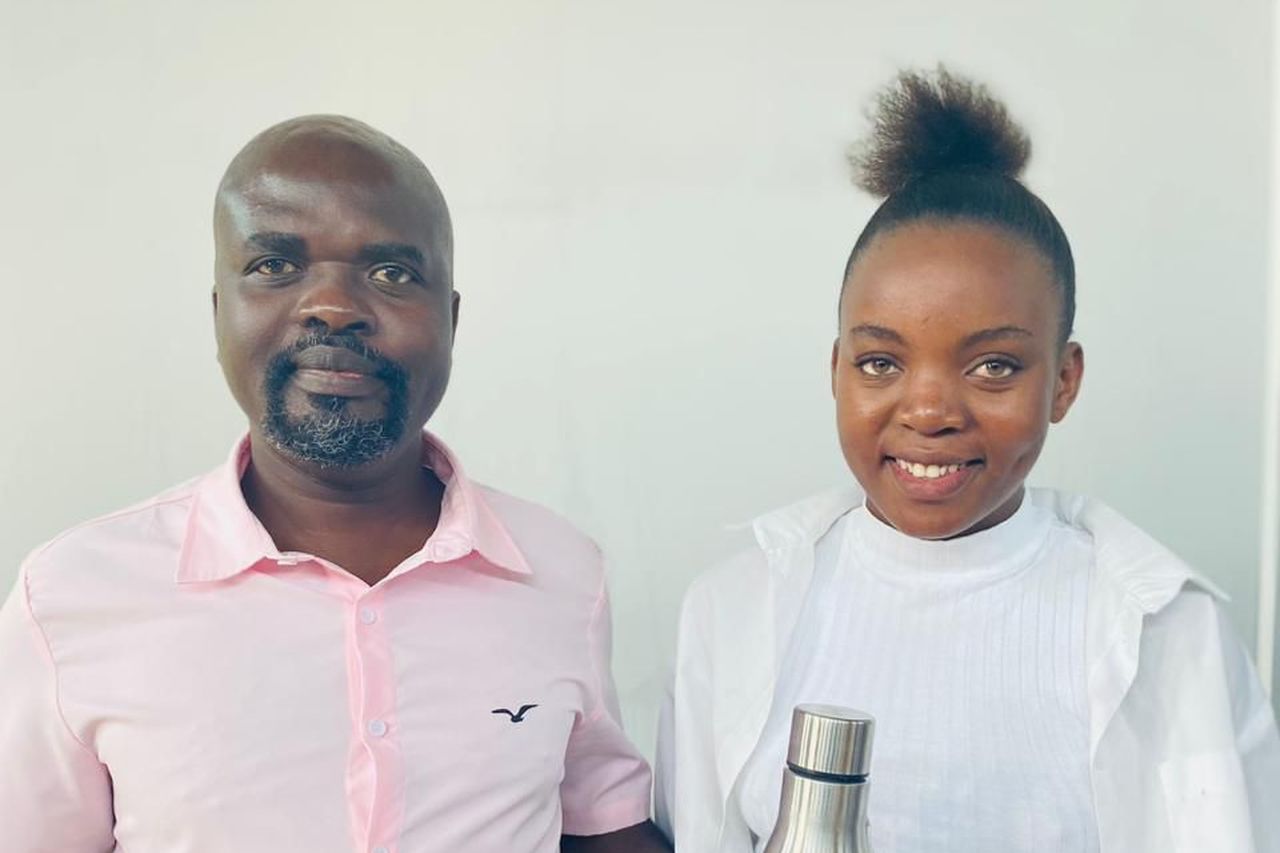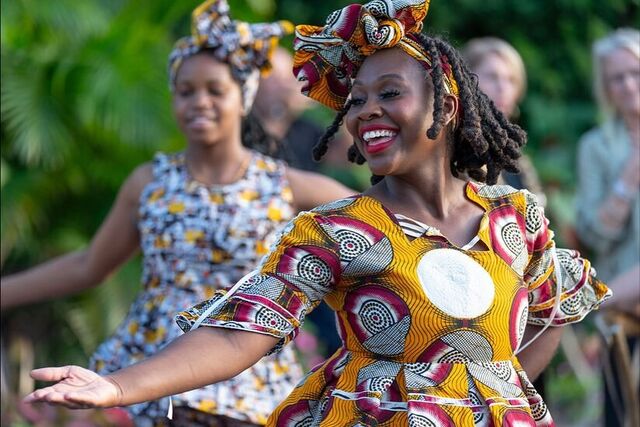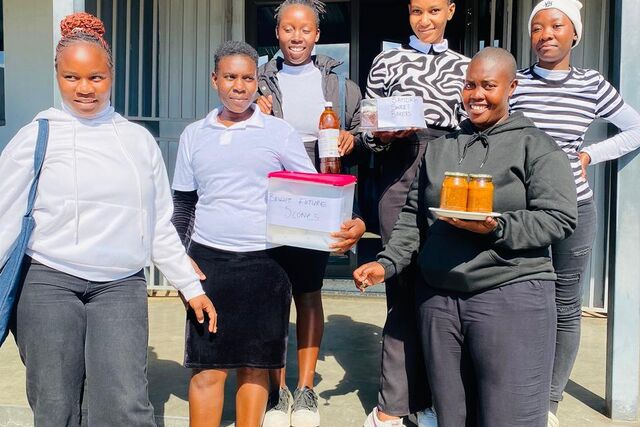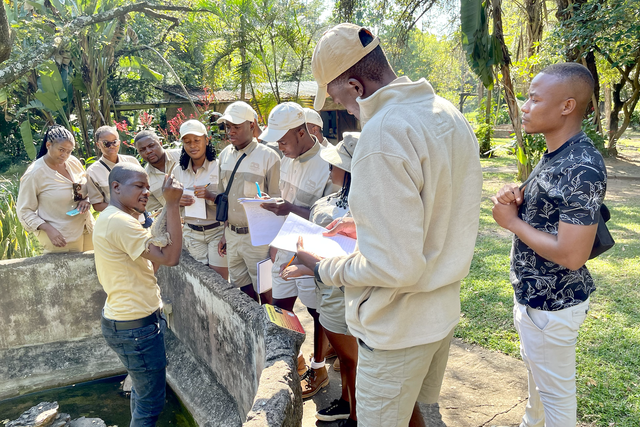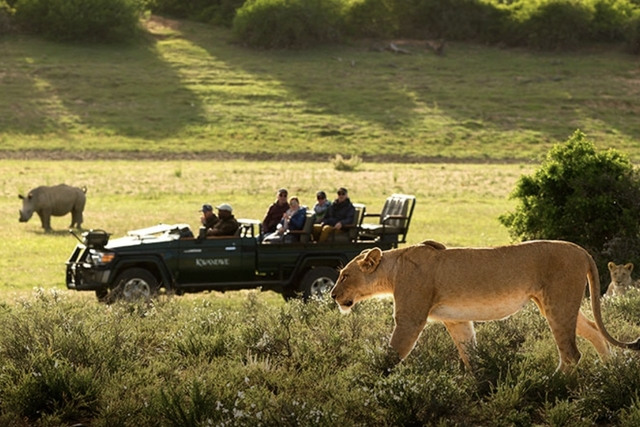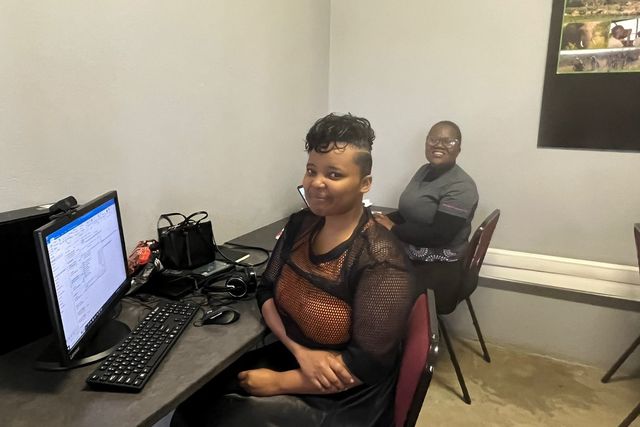Uniting communities: unpacking the inspirational leadership of Sonnyboy Ubisi
By Lydia Gwambe, Bridging Year Academy coordinator at our Dumphries Digital Learning Campus
This Mandela Month, we had the privilege of visiting one of our local leaders, Sonnyboy Ubisi, a highly respected community liaison based in the village of Dumphries, where one of our campuses is located. Much like Madiba himself, Sonnyboy has been instrumental in uniting people and ensuring they work together in harmony.
During our conversation, we discussed the essence of leadership and what it means to him, and the influence Nelson Mandela has had on him being seen as “a man of the people”. This is what he had to say …
Please tell us about your work as a community leader. How did you acquire this role or responsibility?
My work with the community keeps me busy in a number of ways. I serve as the chairperson of the school governing body at Mahlahluvana Primary School. Outside of that, I am involved with the Dumphries B Development Committee (DDC), where I hold the position of secretary. This committee was formed to take on the responsibilities of community development.
I am also part of the Protected Area Advisory Committee (PAAC), which was established to bring together the 12 communities surrounding the Sabie Sand Nature Reserve.
The PAAC was established to engage these communities on matters of development, particularly projects that benefit our youth. We work closely with the Sabie Sand Pfunanani Trust to assist the community, and this forum supports our interns, which helps us reduce the unemployment rate.
I have been chosen by the community to do this work as a leader, and I am grateful for their confidence and support.
What are some of the biggest challenges you face in your work with the community?
Being a community leader means accepting that you won't always be everyone's cup of tea. There will be accusations and fabrications from the very people you serve. The solution is to lead with honesty and maintain clear boundaries. Many roles in community leadership are voluntary, requiring you to use your own resources at times.
One of the biggest challenges is getting community members to attend gatherings where important messages are shared. Finding ways to bring people together requires patience. Remember, you must not take things personally – instead, be a public vehicle that serves different kinds of people without controlling what they say. Embrace criticism from community members and learn from it to become a better leader.
In your experience, what are some of the key qualities that make a successful leader?
I believe one of the most important qualities of a successful community leader is having the vision to see things others cannot and the ability to listen. A leader must be able to reach out to people proactively and not wait for them to come to you.
Also, it is important to let go of grudges and avoid making enemies as you will need open communication and interaction with everyone.
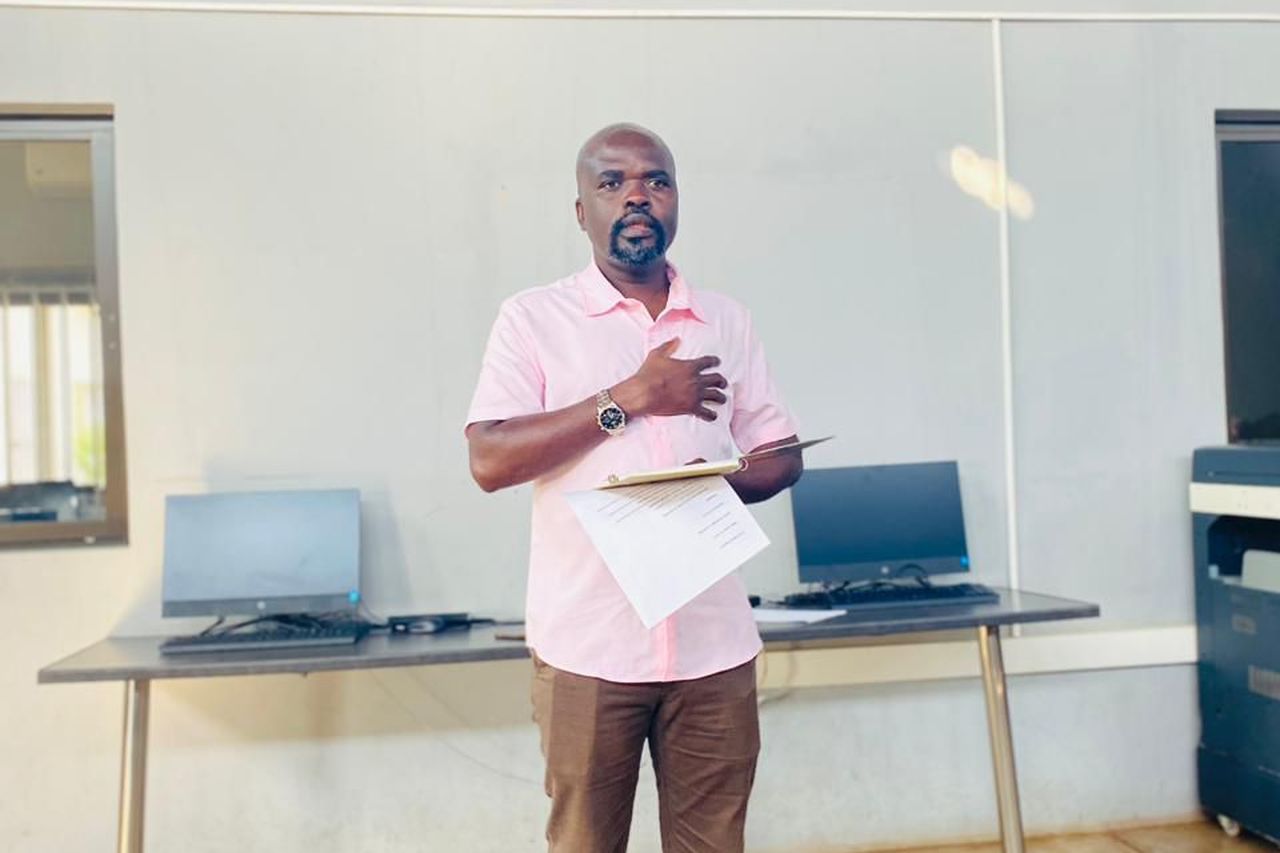
Nelson Mandela is known for his leadership style where the leader serves the people they lead. Do you agree with this approach to leadership?
I strongly agree with this approach. Nelson Mandela served people with love, regardless of their skin colour. Mandela taught us that being a leader means being there for everyone, no matter their past differences.
What specific lessons can we learn from Mandela’s leadership that people can apply to their work?
There is much to learn from Madiba’s exemplary leadership. His legacy reminds us of the importance of forgiveness and letting go. Mandela’s willingness to forgive and move forward inspires me to do the same – to focus on healing and the progress of our people. He was inclusive in decision-making, ensuring that everyone had a voice. As a leader, it is important to understand and adopt these principles that Mandela has left for us.
As a senior member of the community, what changes have you observed in the lives of young people due to GWF’s initiatives that are shaping them into the leaders of tomorrow?
Good Work Foundation plays a huge role in the development of our rural communities. Since I became involved with the Dumphries Digital Learning Campus in 2019, I have seen their work to uplift our young people and have been amazed by the wonderful changes the foundation has introduced.
I appreciate how everyone who is part of this organisation – whether they are a cleaner, gardener or general worker – is given the opportunity to learn how to use computers and other modern technology. It made me very happy knowing that anyone who steps onto the GWF premises leaves with skills and an education that can help them become independent and effective leaders in whatever they choose to do.
What advice would you give to young people interested in taking on leadership roles within their communities?
They must start at their homes. I don’t think you can be a good leader in the community if you are not a leader in the home you come from. There are people who aspire to be leaders in the world, but fail to share even a piece of bread with their siblings. It all starts at home before it can be extended to the community. Face challenges head-on and stand up for those who cannot.
